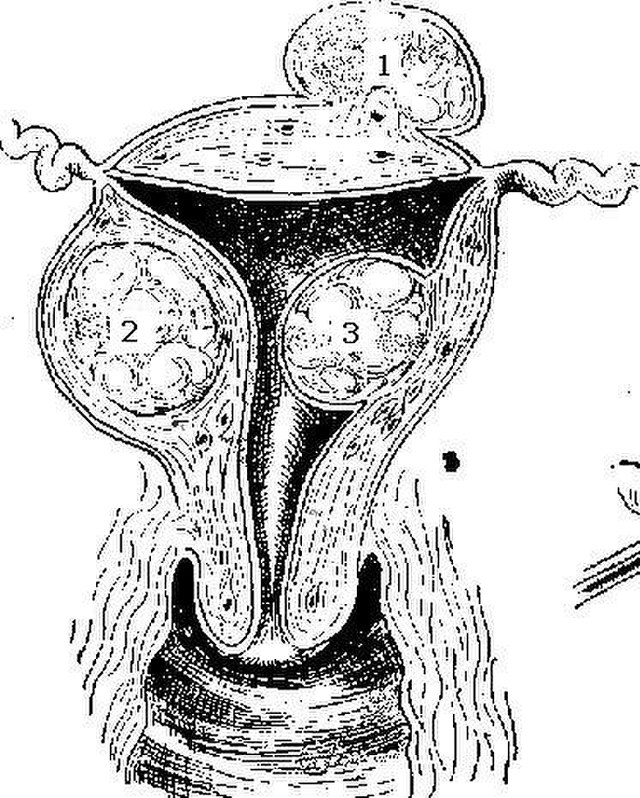Are Fibroid Dissolvers Effective or a Scam?
Fibroid dissolvers, also known as products or treatments claiming to shrink or eliminate uterine fibroids naturally, are a topic of significant debate. Uterine fibroids are non-cancerous growths in the uterus that can cause symptoms like heavy menstrual bleeding, pelvic pain, and pressure. While some natural remedies and supplements are marketed as "fibroid dissolvers," their effectiveness is often unproven, and some may even be misleading or harmful. Here's what you need to know:
Are Fibroid Dissolvers Effective or a Scam?
- Lack of Scientific Evidence:
- Many fibroid dissolvers, such as herbal supplements, teas, or topical creams, lack rigorous clinical studies to support their claims.
- While some natural remedies may help manage symptoms, there is no strong evidence that they can completely dissolve or eliminate fibroids.
- Misleading Marketing:
- Some products exaggerate their benefits, claiming to "cure" fibroids without surgery or medical intervention. This can be misleading and may delay proper medical treatment.
- Fibroids vary in size, location, and symptoms, so a one-size-fits-all solution is unlikely to work for everyone.
- No Substitute for Medical Treatment:
- While lifestyle changes and natural remedies may help manage symptoms, they are not a substitute for proven medical treatments like medication, hormonal therapy, or surgery.
- Potential Risks:
- Some herbal supplements or detox teas may interact with medications or have side effects.
- Relying solely on unproven remedies can delay diagnosis and treatment, potentially allowing fibroids to grow and cause complications.
What Actually Helps with Fibroids?
If you have uterine fibroids, here are evidence-based approaches to manage or treat them:
1. Medical Treatments:
- Medications:
- Hormonal birth control (pills, IUDs) to regulate heavy bleeding.
- Gonadotropin-releasing hormone (GnRH) agonists to shrink fibroids temporarily.
- Tranexamic acid to reduce heavy menstrual bleeding.
- Non-Invasive Procedures:
- Uterine artery embolization (UAE) to cut off blood supply to fibroids.
- MRI-guided focused ultrasound surgery (FUS) to destroy fibroid tissue.
- Surgical Options:
- Myomectomy: Surgical removal of fibroids while preserving the uterus.
- Hysterectomy: Removal of the uterus (a permanent solution for severe cases).
2. Lifestyle Changes:
- Diet:
- Eat a balanced diet rich in fruits, vegetables, whole grains, and lean proteins.
- Limit red meat and processed foods, as they may be linked to increased fibroid risk.
- Exercise:
- Regular physical activity may help regulate hormones and reduce fibroid symptoms.
- Weight Management:
- Maintaining a healthy weight can help balance hormone levels, as obesity is a risk factor for fibroids.
3. Natural Remedies (Symptom Management):
- Herbal Supplements:
- Some herbs, like green tea extract (EGCG) or milk thistle, are being studied for their potential to reduce fibroid size, but evidence is limited.
- Vitamins:
- Vitamin D deficiency has been linked to fibroid growth, so supplementation may help if you're deficient.
- Stress Management:
- Practices like yoga, meditation, or acupuncture may help manage symptoms but are not proven to shrink fibroids.
4. Regular Monitoring:
- If your fibroids are small and asymptomatic, your doctor may recommend "watchful waiting" with regular checkups to monitor their growth.
When to See a Doctor
Consult a healthcare provider if you:
- Experience heavy or prolonged menstrual bleeding.
- Have severe pelvic pain or pressure.
- Notice changes in your menstrual cycle or urinary/bowel habits.
- Are struggling with infertility or recurrent miscarriages.
Conclusion:
While some natural remedies and lifestyle changes may help manage fibroid symptoms, there is no proven "fibroid dissolver" that can eliminate fibroids completely. Be cautious of products making exaggerated claims, and always consult a doctor before trying any new treatment. For effective management or removal of fibroids, evidence-based medical treatments are the most reliable option.
